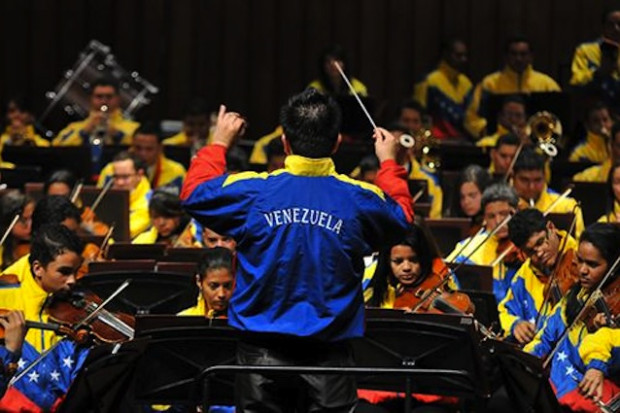Education: Move Over Music?
Value for money?
Recent upheavals in the major music schools at Cork, Dublin and Waterford Institutes of Technology, and the ensuing public debate, have starkly underlined the apparent gap between science and technology on the one hand and humanities, in particular music, on the other. Despite lipservice to Ireland’s long heritage of music, educators seem to be falling in line with the former president of Dublin City University, Danny O’Hare’s, suggestion that the arts dimension ‘move over and give due space to science and technology’.
The arguments adduced are that the arts are not productive, serve no useful purpose, and, in the present climate of value for money, are too expensive. When the colleges are short of money, management looks to make cuts – in the case of WIT, this meant a decision to close the music school instead of spreading the cuts across all departments. As John Ennis, Head of Humanities at WIT, termed it, it was ‘a form of academic cannibalism’!
WIT Music School, at twenty-eight years, is considerably younger than the schools in Cork and Dublin, both of which were subsumed into the IT sector in 1992. For the first eighteen years of its existence, the school was relatively small, about 100 students; but in 1994 a move to larger premises allowed it to expand. The expansion to the present 850 students took many people by surprise and perhaps the school has become a victim of its own success. While it was a small enterprise it could be tolerated as of no major cost to the college. But when college-wide funding became an issue, the Music School and its staff of 32 were seen as expendable.
At the end of July Music School staff and students were notified that there might be cut-backs, fewer places on offer, fewer hours and even redundancies.
A week later 240 people, including local politicians, parents and students, attended a crisis meeting to offer support for the school. From that first meeting grew a very vibrant public campaign, which received wide coverage from TV, radio and print media, both local and national.
It soon became apparent that, while WIT management appeared to put no value on the music school, this attitude was not reflected by the public at large. People came forward from all sides to offer assistance in many ways – by organising events such as concerts in the park, making banners, signing petitions, and writing to public representatives.
WIT’s Governing Body and Waterford City Council pressed for retention of the school, and the WIT branch of the Teachers’ Union of Ireland voted for a one-day strike in support of the teachers whose jobs were on the line. Finally after much hue and cry the Music School won through and is open for business.
However, many questions remain to be answered: why does the Department of Education not give ring-fenced funding for a music school in WIT? How did WIT management so mis-read the public mood as to think that there would be no resistance to closure of a much-valued music school? Will there be an attempted closure by ‘strangulation’?
The wider debate is only beginning
WIT Music School may have successfully avoided termination, but the wider debate is only beginning. There is a proposal to hike the fees up by 20 per cent, on top of 12 per cent last year, making WIT Music School more expensive than the Royal Irish Academy of Music, and twice as expensive as CIT College of Music.
As Valerie Monaghan, principal of Scoil Chiarán, Glasnevin, wrote in an open letter to the new Minister for Education, Mary Hanafin, in the Irish Times recently, ‘the better off can buy the music, art, drama and swimming lessons for their children. Those without the means can do without’.
It is widely recognised that children who learn music also learn self-discipline and an appreciation of beauty – they will not be the out-of-control young people who’d terrorise old people or vandalise our public places. Yet the message does not seem to have got home to the Department of Education that money has to be provided to give an opportunity for all children to benefit from muscial training. Politicians speak proudly of the musicians who represent Ireland all over the world – U2, Sinead O’Connor, Altan, The Chieftains, Barry Douglas, John O’Conor and so many more – but do they really think that these musicians just ‘happened’?
There has never been a coherent policy on music education and now is the time for organisations such as the Forum for Music in Ireland, Music Network, the Irish Association of Music Schools, the Colleges of Music, the Teachers’ Union of Ireland, and all interested groups, to unite. We must lobby the Minister for Education, and take every opportunity to speak out. We also must take pride in what has been achieved – but there are too many of our youngsters who will never have the opportunity to be exposed to the arts in any form if we don’t fight our corner. We cannot afford to be satisfied with less than the best for all our children.
Published on 1 November 2004












